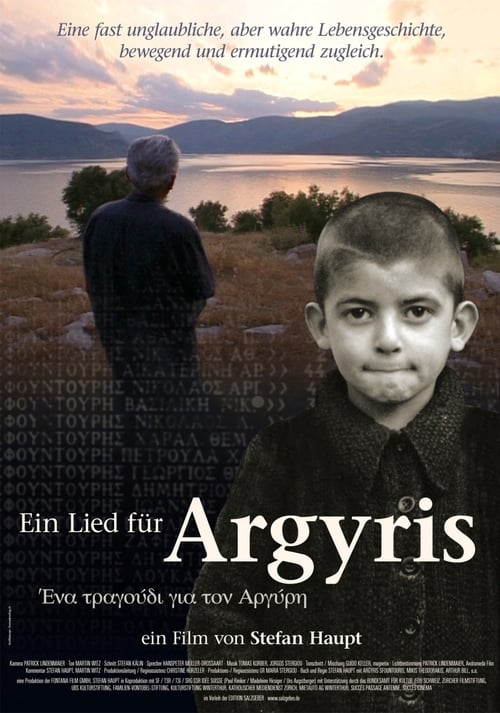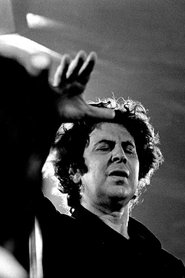

In 1944, four-year-old Argyris Sfountouris survived a brutal massacre committed by the German occupying forces, in which he lost his parents and thirty more relatives. The Greek orphan was sent to the Pestalozzi Children’s Village in Trogen, Switzerland and obtained a Ph.D in maths and astrophysics at the Swiss Federal Institute of Technology Zurich. Now a 66-year-old man of winning charm and melancholy cheerfulness, Argyris has forever been tackling the horror he had to go through as a little boy. He has not tried to come to terms with it emotionally. Rather, he has tried to learn to live with it and to do his utmost to prevent it from happening again.
No Trailers found.

Himself

Himself